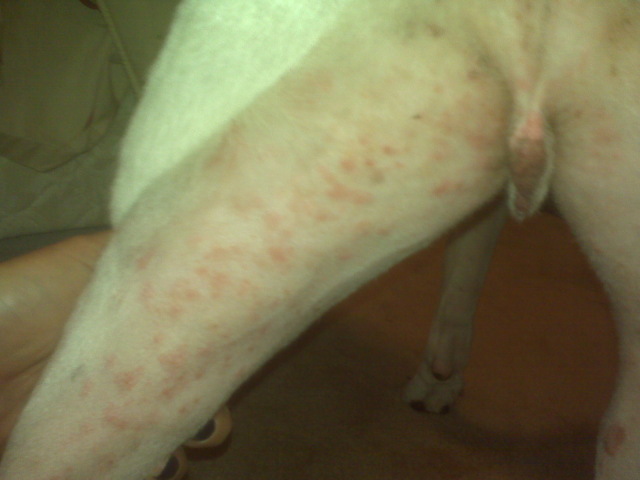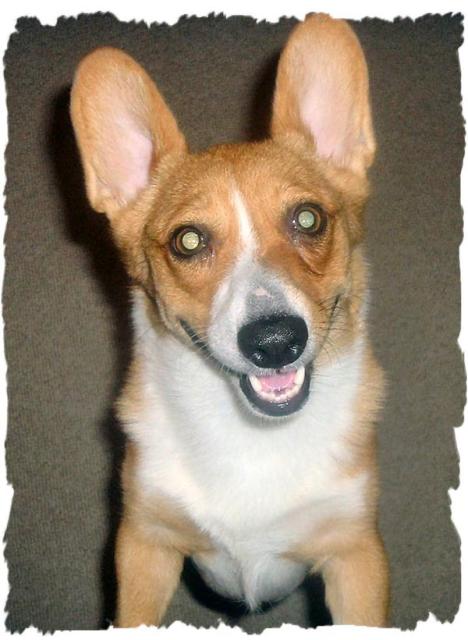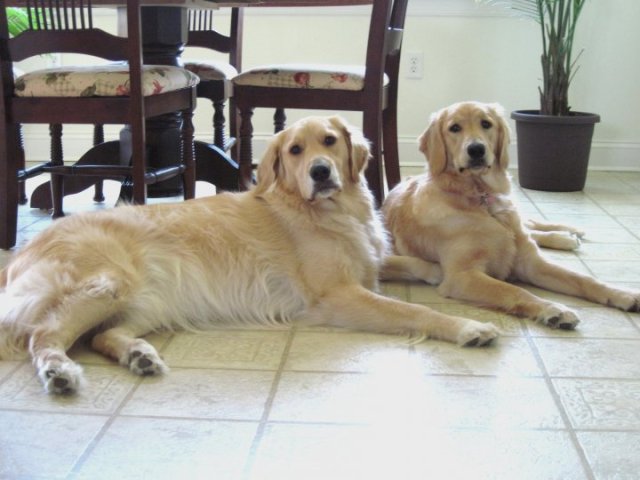QuestionHi I have just got a miniature schnauzer his name is Harley and he is wonderful. I am a little concerned though I do have to leave him occasionally for short periods of time. He howls all the time he is left. I leave him in my kitchen where I have 2 dog gates which stops him from wondering around when no one is here. I am wondering do i just persevere with him or should I be doing something else.
Kind regards
Magaret
AnswerHi Margaret,
Congratulations on the new addition to your family! I apologize for the delayed response. Apparently I didn't confirm my answer when I answered this question a few days ago, so it didn't send. I hope in the meantime that things have been going well with your pup.
Puppies can be challenging during this time for sure, and what you're experiencing is pretty common. First though, are you sure he cries the whole time you're gone? Many dogs will cry at first and then calm down after a few minutes. Dogs are also quick to figure out what your car sounds like, and will start crying minutes before you enter the house. This is normal behavior. However, if you are sure that he cries the whole time, there may be underlying anxiety issues present. In either case, there are some steps you can take to reduce or eliminate the crying.
1. Don't talk to him when you leave. This is usually tough, because it's tempting to tell them things like "be good", "mommy loves you", etc. Talking to your dog right before you leave gets your dog excited for attention, then leaves him feeling let down after you go.
2. Don't reinforce the bad. When he's crying, don't give him affection or attention.
3. Give him a space of his own. The kitchen might be too big for him to feel comfortable. Try putting him in a puppy playpen or appropriately sized dog crate. Available at most pet stores, these provide your dog with more safety and security. The playpen or crate will take some getting used to as well, but most puppies adapt to them quickly and enjoy sleeping in them later, even when they no longer require confinement.
4. Practice with him during the day. Limit his confinement to short periods at first, even during times when your home. For example, your can confine him while you shower, water the garden, visit with the neighbor, cook dinner, etc. Gradually increase the time until he is comfortable.
5. Reinforce good behavior. Get a special toy that he loves, a chew stick, or a stuffed Kong toy that he can only have when he is confined. This gives him something to do and look forward to when you have to leave.
I hope that helps a bit. If you are consistent and the above recommendations still aren't helping, consult your veterinarian or an animal behaviorist that can more closely evaluate your situation. Best of luck with your new puppy!

 Large dog with possible poison ivy
Question
Guero
My poor dog has led a rough life to date
Large dog with possible poison ivy
Question
Guero
My poor dog has led a rough life to date
 my 3 year old welsh corgi
Question
Bella
I have 2 old cairn terriers, 12 and 15 (
my 3 year old welsh corgi
Question
Bella
I have 2 old cairn terriers, 12 and 15 (
 doggie doldrums
Questionsad dog
QUESTION: I have a 2 year old go
doggie doldrums
Questionsad dog
QUESTION: I have a 2 year old go
 about babygirl my 14 week yorkie
Question
babygirl brooklyn
i do no whats going on with
about babygirl my 14 week yorkie
Question
babygirl brooklyn
i do no whats going on with
 Mini-Daschund Question
Question
Baby
I got a rescus mini about 6 years ago. &n
Mini-Daschund Question
Question
Baby
I got a rescus mini about 6 years ago. &n